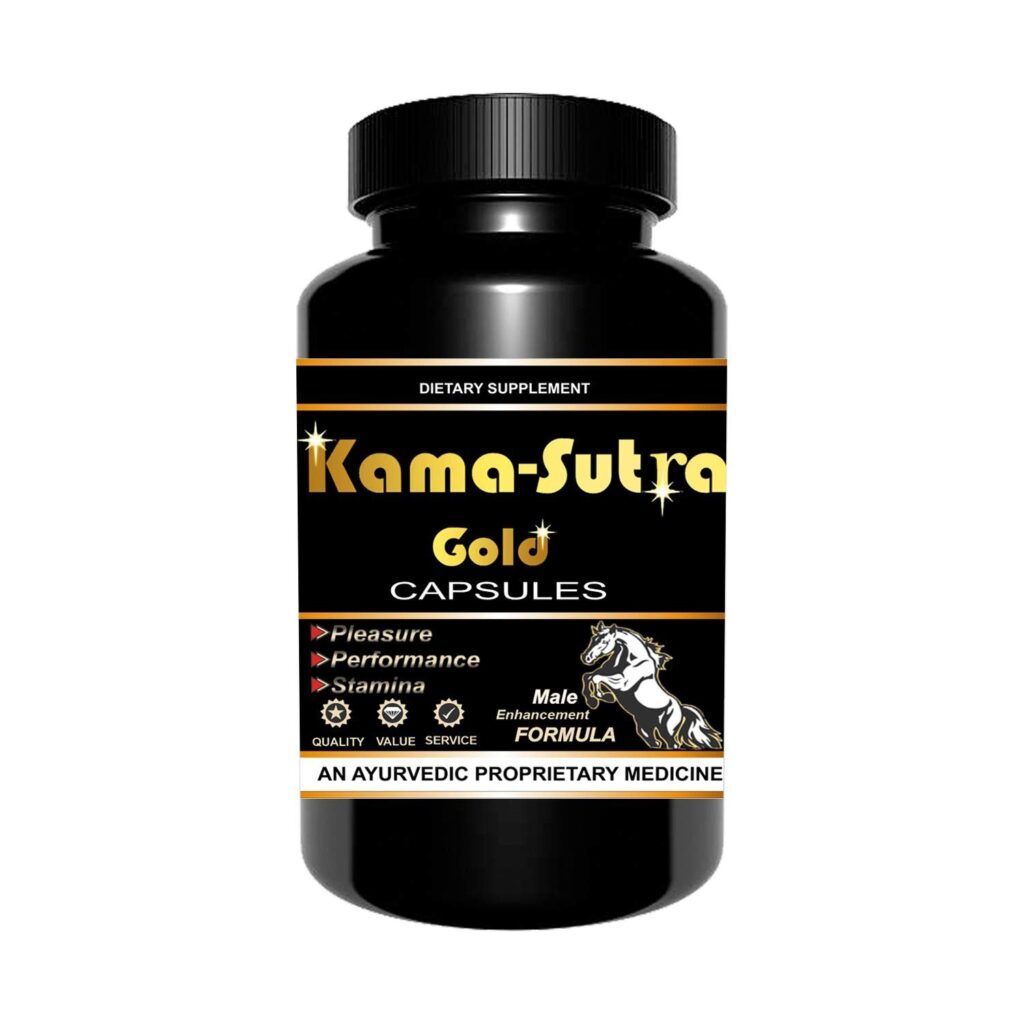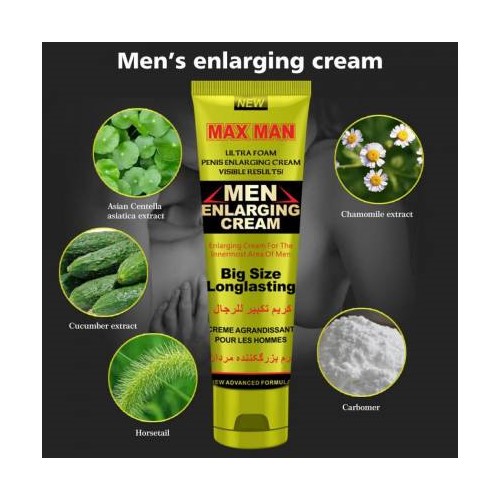Introduction
Definition of Unani Treatment
Unani treatment, also known as Yunani medicine, is a traditional system of medicine that originated in ancient Greece and was further developed and refined by Arab and Persian physicians. It is based on the principles of balancing the four humors – blood, phlegm, yellow bile, and black bile – in the body to maintain health and prevent diseases. Unani treatment employs a holistic approach, taking into account the physical, mental, and spiritual aspects of a person. It utilizes various therapeutic techniques, including herbal medicines, diet and nutrition, exercise, massage, and detoxification methods. Unani treatment aims to restore the body’s natural balance and harmony, promoting overall well-being and longevity.
History of Unani Medicine
Unani medicine, also known as Greek medicine, is a traditional system of medicine that originated in ancient Greece and was later adopted and developed by the Arabs. The history of Unani medicine can be traced back to the teachings of Hippocrates, the father of Western medicine, and Galen, a prominent Greek physician. Over the centuries, Unani medicine has been influenced by various cultures, including Persian, Indian, and Islamic. It is based on the concept of balance and harmony in the body, and utilizes natural remedies, diet, and lifestyle changes to promote healing and prevent disease. Today, Unani medicine continues to be practiced in many parts of the world, particularly in the Middle East, South Asia, and North Africa.
Principles of Unani Treatment
Unani treatment is based on the principles of the ancient Greek physician Hippocrates, who believed that the body is composed of four humors: blood, phlegm, yellow bile, and black bile. According to Unani medicine, when these humors are in balance, a person is healthy, and any imbalance leads to disease. The goal of Unani treatment is to restore the balance of humors through various methods, including herbal medicines, dietary changes, and lifestyle modifications. It emphasizes the use of natural remedies and believes in the body’s innate ability to heal itself. Unani treatment also takes into account the individual’s temperament and aims to address the root cause of the disease rather than just treating the symptoms. Overall, the principles of Unani treatment focus on achieving harmony and balance within the body to promote optimal health and well-being.
Unani Diagnosis

Methods of Diagnosis in Unani Medicine
In Unani medicine, the methods of diagnosis play a crucial role in understanding the underlying causes of diseases. One of the key diagnostic methods used is pulse examination, where the practitioner assesses the pulse rate, rhythm, and quality to identify any imbalances in the body. Another important method is observation, where the practitioner carefully observes the patient’s physical appearance, including the skin color, tongue coating, and eye condition. Additionally, questioning the patient about their symptoms and medical history helps in further understanding the condition. By combining these diagnostic methods, Unani practitioners are able to accurately diagnose and treat various ailments using natural remedies and therapies.
Role of Pulse Diagnosis
Pulse diagnosis is a key component of Unani treatment. It is a technique used to assess the health and balance of the body by analyzing the pulse. In Unani medicine, the pulse is considered to be a reflection of the overall state of the body and its organs. By carefully feeling the pulse, Unani practitioners can gather important information about the patient’s constitution, the presence of any imbalances or diseases, and the effectiveness of the treatment. The role of pulse diagnosis in Unani treatment is crucial, as it helps in determining the appropriate course of action and tailoring the treatment plan to the specific needs of the individual. Through pulse diagnosis, Unani practitioners are able to identify the root cause of the problem and provide personalized and targeted therapies to restore health and wellbeing.
Importance of Humoral Imbalance
Humoral imbalance is a central concept in the field of Unani medicine. It refers to the disruption of the four humors – blood, phlegm, yellow bile, and black bile – that are believed to govern the overall health and well-being of an individual. Maintaining a balance among these humors is crucial for the proper functioning of the body and the prevention of diseases. The importance of humoral imbalance lies in its impact on the overall health and the effectiveness of Unani treatments. By understanding and addressing the specific imbalances in the humors, Unani practitioners can restore harmony and promote healing in their patients. This highlights the significance of recognizing and addressing humoral imbalances in the context of Unani treatment.
Unani Medicines

Herbs and Natural Ingredients
Unani treatment, also known as Greek medicine, is a holistic approach to healing that focuses on using herbs and natural ingredients. In the context of Unani medicine, herbs and natural ingredients are considered essential for promoting health and treating various ailments. These natural substances are believed to have therapeutic properties and are used in different forms such as powders, decoctions, and oils. The use of herbs and natural ingredients in Unani treatment is based on the principle of restoring the balance of the body’s humors, which are believed to be responsible for maintaining good health. By incorporating herbs and natural ingredients into the treatment regimen, Unani medicine aims to support the body’s natural healing processes and promote overall well-being.
Preparation and Formulation of Unani Medicines
Unani medicine, also known as Yunani medicine, is a traditional system of medicine that originated in ancient Greece and was later adopted and developed by the Arabs. The preparation and formulation of Unani medicines is a meticulous process that involves the use of natural ingredients such as herbs, minerals, and animal products. These ingredients are carefully selected and processed to create potent and effective remedies. The process often includes techniques such as distillation, decoction, and fermentation. The aim of preparing and formulating Unani medicines is to restore the balance of the four humors in the body and promote overall well-being. This traditional system of medicine has been practiced for centuries and continues to be an important part of healthcare in many parts of the world.
Role of Unani Pharmacology
The role of Unani pharmacology in treating various ailments is significant. Unani medicine, also known as Greco-Arabic medicine, is based on the principles of the ancient Greek physician Hippocrates and the Persian physician Avicenna. Unani pharmacology involves the use of natural herbs, minerals, and animal products to prepare medicines that are effective in restoring the balance of the body. These medicines are prescribed based on the individual’s temperament and the nature of the disease. Unani pharmacology not only focuses on treating the symptoms but also aims to address the root cause of the ailment. It emphasizes the importance of a holistic approach to healthcare, considering the physical, mental, and spiritual well-being of the individual. The effectiveness of Unani pharmacology in treating various diseases has been recognized worldwide, making it a popular choice for many seeking alternative medicine.
Treatment Modalities

Diet and Nutrition in Unani Treatment
In Unani treatment, diet and nutrition play a crucial role in maintaining good health and treating various ailments. According to Unani principles, a balanced diet that includes all essential nutrients is essential for the proper functioning of the body. The Unani system of medicine emphasizes the consumption of natural and organic foods, such as fruits, vegetables, whole grains, and lean proteins. It also promotes the use of herbs and spices for their medicinal properties. Additionally, Unani practitioners believe in the concept of moderation, encouraging individuals to eat in moderation and avoid overeating. By following a healthy diet and nutrition plan as prescribed by a qualified Unani practitioner, individuals can enhance their overall well-being and improve their health outcomes.
Unani Therapeutic Approaches
Unani therapeutic approaches refer to the various methods and techniques used in the practice of Unani medicine. Unani medicine is a traditional system of medicine that originated in ancient Greece and was later adopted and developed by Islamic scholars. It is based on the principles of the four humors, which are believed to govern the body’s health and well-being. Unani therapeutic approaches include herbal medicine, diet and nutrition, physical therapies, and lifestyle modifications. These approaches aim to restore the balance of the humors and promote overall health and wellness. With its holistic approach, Unani medicine offers a comprehensive and personalized treatment plan for individuals seeking natural and alternative healthcare options.
Unani Surgery and Procedures
Unani Surgery and Procedures are an integral part of the Unani system of medicine. This branch focuses on the surgical treatment of various ailments using traditional Unani techniques and procedures. Unani surgeons employ a combination of herbal medicines, dietary recommendations, and physical therapies to prepare the patient for surgery. They also utilize specialized surgical instruments and techniques to perform procedures such as incisions, excisions, suturing, and wound healing. Unani Surgery and Procedures aim to restore the balance of humors in the body and promote overall health and well-being. It is a holistic approach to surgery that takes into account the individual’s physical, mental, and spiritual well-being.
Commonly Treated Conditions
Respiratory Disorders
Respiratory disorders are a common health concern that affects millions of people worldwide. Unani treatment offers a holistic approach to managing these conditions, focusing on restoring the balance of the body’s humors and strengthening the respiratory system. Through a combination of herbal medicines, dietary modifications, and lifestyle changes, Unani practitioners aim to alleviate symptoms such as coughing, wheezing, and shortness of breath. By addressing the root cause of respiratory disorders, Unani treatment not only provides relief but also promotes overall well-being and respiratory health.
Digestive System Disorders
Digestive system disorders refer to a range of conditions that affect the normal functioning of the digestive system. These disorders can include conditions such as acid reflux, gastritis, irritable bowel syndrome, and inflammatory bowel disease. Symptoms of digestive system disorders can vary, but may include abdominal pain, bloating, diarrhea, constipation, and indigestion. Unani treatment, a traditional system of medicine, offers holistic approaches to managing and treating digestive system disorders. It focuses on restoring the balance of the body’s humors and improving digestion through the use of natural remedies, dietary changes, and lifestyle modifications. By addressing the underlying causes of these disorders, Unani treatment aims to provide long-term relief and improve overall digestive health.
Musculoskeletal Disorders
Musculoskeletal disorders are conditions that affect the muscles, bones, tendons, ligaments, and other structures that support the body’s movement. These disorders can cause pain, stiffness, swelling, and limited range of motion, making it difficult for individuals to perform their daily activities. Unani treatment, a traditional system of medicine, offers holistic approaches to manage musculoskeletal disorders. It focuses on restoring the balance of the body’s humors and improving overall well-being through herbal medicines, dietary modifications, physical therapies, and lifestyle changes. By addressing the root cause of the disorders, Unani treatment aims to alleviate symptoms, promote healing, and enhance the quality of life for individuals with musculoskeletal conditions.
Benefits and Limitations

Advantages of Unani Treatment
Unani treatment, also known as Unani medicine, is a traditional system of medicine that originated in ancient Greece. It is based on the principles of balance and harmony, and it uses natural remedies to promote healing and well-being. One of the main advantages of Unani treatment is its holistic approach, which takes into account the physical, mental, and emotional aspects of a person’s health. This comprehensive approach allows for a personalized treatment plan that addresses the root cause of the illness, rather than just treating the symptoms. Additionally, Unani treatment emphasizes prevention and encourages individuals to adopt a healthy lifestyle to maintain overall well-being. With its long history and proven effectiveness, Unani treatment continues to be a popular choice for those seeking natural and holistic healthcare.
Limitations and Challenges
Unani treatment, like any other form of medical practice, has its limitations and challenges. One limitation is the lack of scientific evidence to support the effectiveness of certain Unani treatments. While Unani medicine has been practiced for centuries and has its own theoretical framework, there is a need for more research and clinical trials to validate its claims. Additionally, the availability of trained Unani practitioners may be limited in certain regions, making it difficult for patients to access this form of treatment. Moreover, the integration of Unani medicine with modern healthcare systems can pose challenges due to differences in approaches and perspectives. Despite these limitations and challenges, Unani treatment continues to be valued by many individuals who seek alternative and holistic approaches to healthcare.
Integration with Modern Medicine
Integration with modern medicine is a crucial aspect of Unani treatment. While Unani medicine is rooted in ancient philosophies and practices, it recognizes the importance of incorporating modern medical advancements. This integration allows for a comprehensive approach to healthcare, combining the best of both traditional and contemporary methods. By combining the principles of Unani medicine with modern diagnostic techniques and treatments, practitioners are able to provide patients with a well-rounded and effective treatment plan. This approach not only enhances the efficacy of Unani treatment but also ensures that patients receive the highest standard of care.











